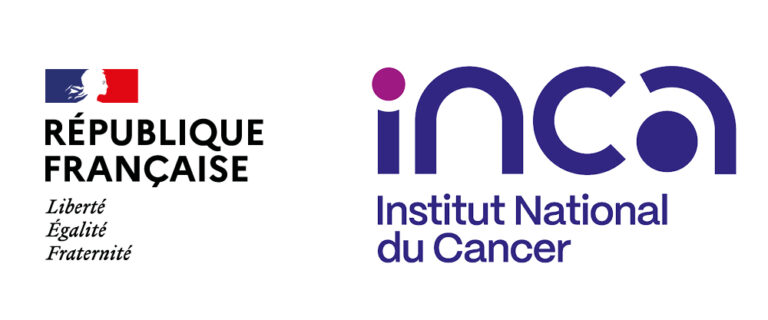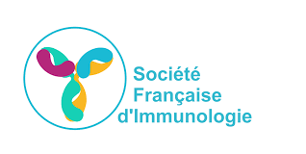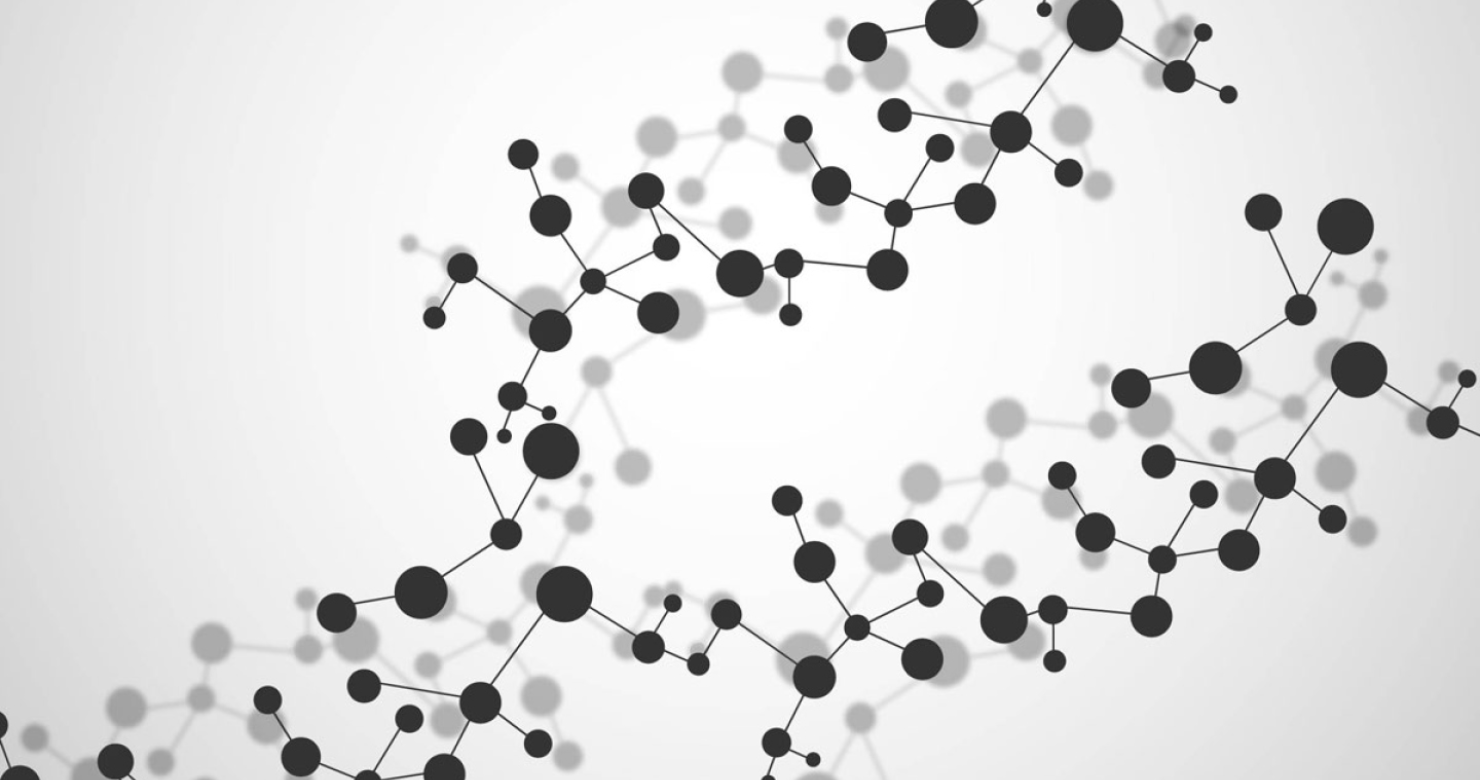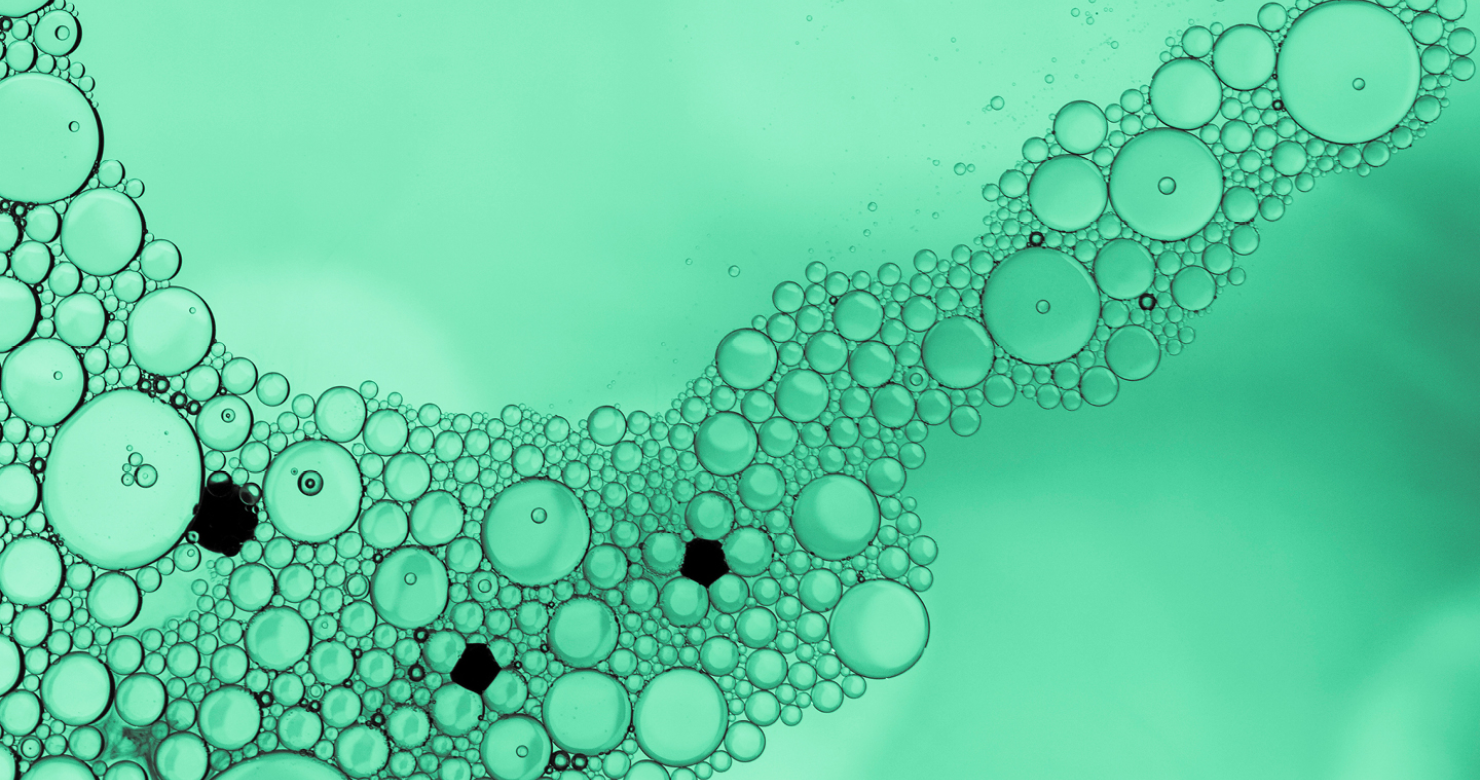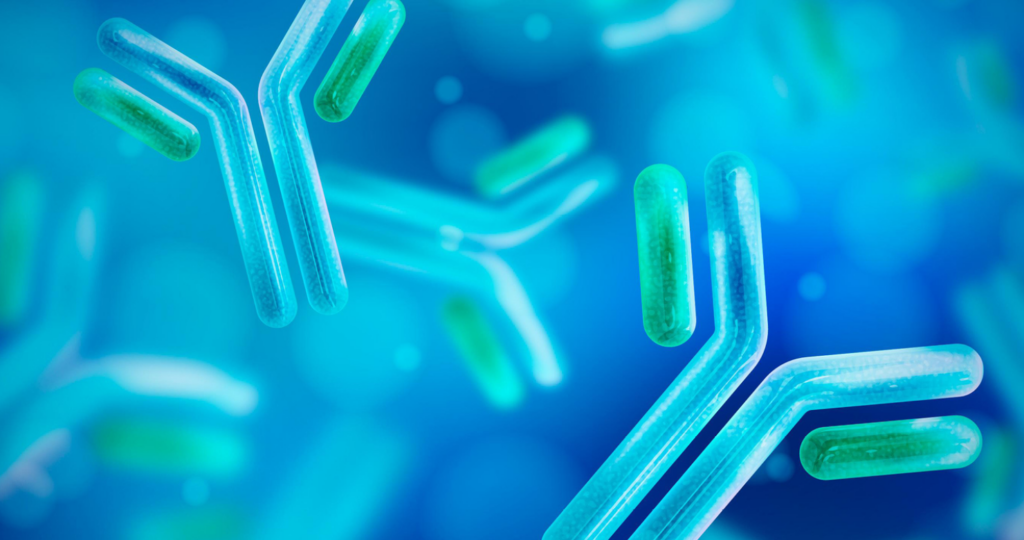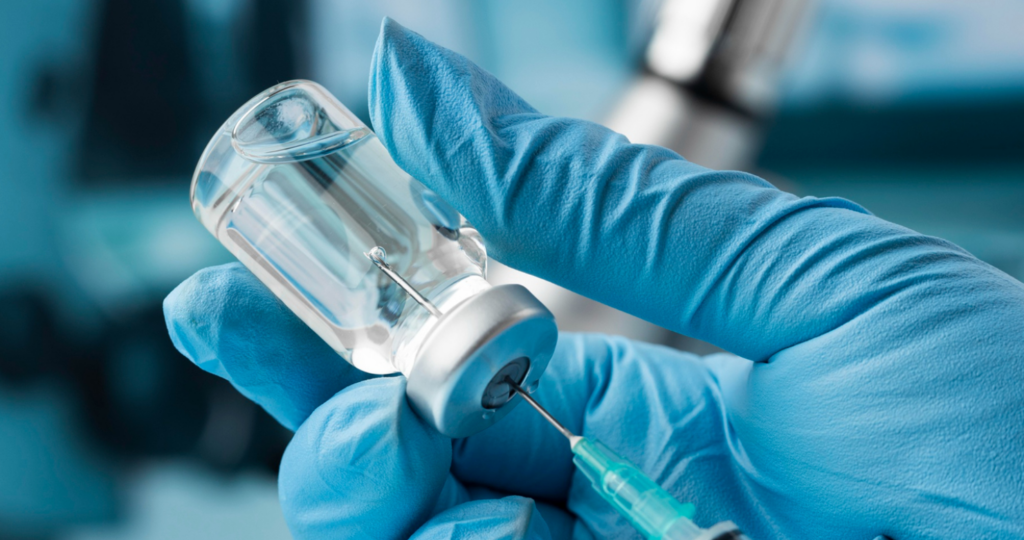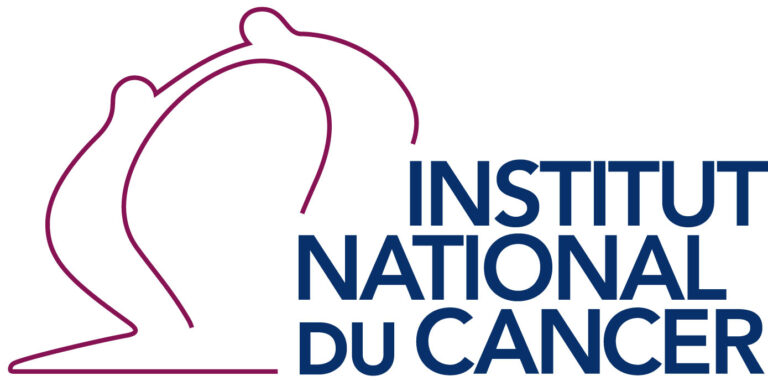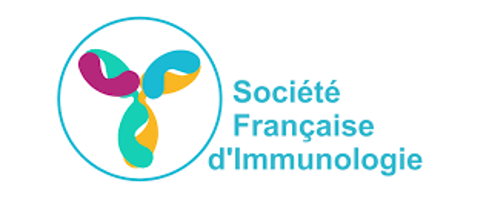Webinar series
dedicated to basic and translational Immunology
On behalf of the French National Cancer Institute (INCa)*, the Japanese Society for Immunology (JSI)** and the French Society of Immunology (SFI)*** are organizing a webinar series dedicated to basic and translational Immunology.
During each webinar, a Japanese and a French speaker – internationally renowned for their work and contribution to our understanding of the immune system’s biological process – will be presenting their work and will discuss the most recent advances in their field.
These webinars will be the opportunity to get an overview of the basic science that is leading to the development of the current and the future game-changing antitumoral immunotherapies.
From 10 to 11.30 am (CEST) – From 5 to 6.30 pm (JST)
The intersection of adaptive and innate immunity in the lung: implications for chronic pulmonary insufficiency
→ Read the abstract
Satomi Ito1, Baihao Zhang1, Seiko Narushima1, Yuki Sugiura2 and Sidonia Fagarasan1,3
1Laboratory for Mucosal Immunity, Center for Integrative Medical Sciences, RIKEN Yokohama Institute, Yokohama, Japan – 2Multiomics Platform, Center for Cancer Immunotherapy and Immunobiology, Kyoto University Graduate School of Medicine, Kyoto University, Kyoto, Japan – 3Division of Integrated High-Order Regulatory Systems, Center for Cancer Immunotherapy and Immunobiology, Kyoto University Graduate School of Medicine, Kyoto University, Kyoto, Japan
Immunodeficiencies of adaptive immune system are frequently implicated in recurrent infections and dysfunction of multiple organs, including the lung. However, much remains unknown in respect to immunological interactive networks and the immune cells modulation of local pulmonary barrier, including epithelial and endothelial cells.
We observed that adult mice deficient in T cells, spontaneously develop chronic inflammatory lung diseases characterized by leukocytes infiltration, fibrosis and alveolar proteinosis. Using single-cell transcriptome analyses, we reveal considerable changes in the cell composition and identify two unique myeloid subpopulations in T cell-deficient mice: the CD14+ inflammatory monocytes and the alveolar CD1d+ foamy macrophages, which are associated with pulmonary inflammation and alveolar proteinosis.
Metabolomic analysis of bronchoalveolar lavage fluid (BALF) and interstitial lung tissues, revealed a biochemical reconfiguration especially in lipids and tryptophan metabolism pathways.
I will discuss how tryptophan derived metabolites produced by activated B cells contribute to generation of foamy macrophages and disruption of epithelial and endothelial barrier integrity.
Sidonia Fagarasan, MD, PhD
RIKEN Center for Integrative Medical Sciences, Japan
Daniel Olive, MD, PhD
Cancer research center of Marseille (CRCM), France
→ Read the abstract
In contrast to αβ T cells, γδ T cell activation is MHC-unrestricted and relies on the detection of various host cell-derived molecules or exogenous pathogens by both TCR and non-TCR receptors. γδ T cells represent the earliest source of IFNγ secretion in the tumor microenvironment and recent transcriptome analyses of human tumors reveal that high γδ T infiltration has the best prognostic value in comparison to other immune subsets. Vγ9Vδ2 T cells are the major subtype of blood γδ T cells and are activated by non-peptidic phosphorylated metabolites, called phosphoantigens (pAgs), produced by transformed or infected cells.
During this presentation we will address 1) the role of these cells as prognostic markers in various hematological and solid tumors ; 2) their mechanismm of action against tumors ; 3) clinical trials in solid tumors and leukemias.
From 10 to 11.30 am (CEST) – From 5 to 6.30 pm (JST)
Commensal-derived metabolites induce IL-33 production from fibroblasts and activate stomach ILC2s for mucosal protection
→ Read the abstract
Immune responses in mucosal organs are regulated by specific microbes. ILC2s contribute to the initiation of immune responses against pathogenic infections in the stomach. However, the role of commensal bacteria in controlling ILC2s to promote gastric immunity remains unclear. Here, we report that the commensal bacterium YL27, recently proposed as a member of the Muribaculaceae, impacts stomach ILC2s via IL-33-producing Sca1+Ly6C+CD140a+ fibroblasts and induces their effector functions via IL-13. IL-33 production by fibroblasts was induced by acetate, a metabolite of YL27, via its receptor GPR43. Furthermore, preferential IL-13 from stomach-ILC2s activated by IL-33-producing fibroblasts was involved in stomach protection by upregulating mucin production to maintain stomach homeostasis. We further demonstrated that ILC2s activated by commensal YL27 induce IgA production leading to elimination of the pathogenic bacterium H. pylori via cross-reactive binding. Our study thus indicates that the stomach exhibits a flexible response to pathogenic or commensal bacteria through different sources of IL-33 for ILC2s activation, making it the first line of defense against the invasion of a wide variety of foreign antigens via unique immunological mechanisms.
Naoko Satoh-Takayama, PhD
RIKEN Center for Integrative Medical Sciences, Japan
Mucosal immunity in the bladder
→ Read the abstract
Urinary tract infections (UTI) are the second most common infection, impacting nearly 50% of all women. Indeed, otherwise healthy, premenopausal women have a significantly greater incidence of urinary tract infection (UTI) than men, yet, conversely, male UTI is more persistent with greater associated morbidity. Additionally, both sexes are at significant risk of reinfection, suggesting that adaptive immune responses to this infection are insufficient. Our group is interested in identifying the mechanisms that govern sex bias and development of immunity in UTI. Our recent work demonstrates that resident macrophages impair the adaptive response, and that IL-17 is a critical player in resolution of infection. We also identified events leading to the development of antigen-specific tissue-resident T cells in the bladder that are necessary and sufficient for protection against recurrent infection. We are now determining how this response can be immunomodulated for improved therapeutics that obviate the need for antibiotics to treat multidrug resistant uropathogens.
Molly Ingersoll, PhD
Pasteur Institute, France
From 10 to 11.30 am (CEST) – From 5 to 6.30 pm (JST)
Newly identification of CXCR6+ resident memory CD4+ T cells in allergic skin diseases
→ Read the abstract
CD4+ tissue-resident memory T (TRM) cells, persisting in the skin post-allergic reactions, rapidly incite inflammation upon antigen reencounter. The sustenance and functional diversity of these cells, however, are not fully elucidated. In our study, we utilized a delayed-type hypersensitivity model, transferring ovalbumin (OVA)-specific CD4+ T cells into T cell receptor-β deficient mice. Following sensitization with OVA emulsion and ear skin challenge, CD4+ T cells with a CD44+CD69+ TRM phenotype remained in the dermis even after ear swelling subsided on day 35. Parabiosis experiments corroborated their tissue residency. Immunohistochemical analyses demonstrated clustering of CD4+ TRM cells with CD301b+ dermal dendritic cells. Investigating this interaction further, selective depletion of CD301b+ cells in CD301b-diphtheria toxin receptor mice led to a marked reduction in CD4+ TRM cell clusters and numbers. Concurrently, transcription levels of CXC-chemokine ligand 16 (CXCL16) diminished. Its receptor, CXC-chemokine receptor 6 (CXCR6), was predominantly expressed on CD4+ TRM cells. Blocking CXCL16 curtailed the proliferation of CXCR6+CD4+ TRM cells and mitigated rapid ear swelling upon re-challenge. RNA sequencing revealed that upon re-challenge, CXCR6+CD4+ TRM cells secreted IFN-γ and IL-13, while CXCR6-CD4+ TRM cells exhibited a Foxp3+ regulatory T cell phenotype. These findings illuminate the pivotal role of CXCR6+CD4+ TRM cells in pathogenesis during recall responses via effector cytokines, sustained by interactions with CD301b+ dendritic cells through CXCL16. This elucidation offers novel avenues for preventing recurrent chronic allergic skin disorders, such as atopic dermatitis.
Kenji Kabashima, MD, PhD
Kyoto University, Japan
Regulatory T cells and cancer: a translational approach
→ Read the abstract
Dr Piaggio will present recent results on the identification of Functional Tumor-Associated Treg targets using scRNA, scTCR and scATAC sequencing technologies. From target discovery to clinical application. Additionally, fundamental new data on the biology of follicular Tregs will be discussed.
Eliane Piaggio, PhD
Curie Institute, France
From 10 to 11.30 am (CEST) – From 5 to 6.30 pm (JST)
Functions of two humoral memory populations and their generation mechanisms
→ Read the abstract
The successful establishment of humoral memory response depends on at least two layers of defense. Pre-existing protective antibodies secreted by long-lived plasma cells (LLPCs) act as a first line of defense against reinfection (“constitutive humoral memory”). Previously, a second line of defense in which pathogen-experienced memory B cells are rapidly reactivated to produce antibodies (“reactive humoral memory”), was considered as simply a back-up system for the first line (particularly for re-infection with homologous viruses). By using influenza model system, we found that, in the case of re-infection with similar but different strains of viruses, the constitutive humoral memory (LLPCs) is no more protective, while reactive humoral memory (memory B cells) plays a crucial role. These somewhat differential roles of LLPCs and memory B cells promoted us to look for the generation mechanisms of the two compartments in germinal centers (GCs). We proposed the affinity instruction model, whereby a high-affinity or low-affinity BCR is the primary determinant for LLPC or memory B cell generation, respectively. I will present the experimental data to support this model.
Tomohiro Kurosaki, MD, PhD
RIKEN Center for Integrative Medical Sciences, Osaka University, Japan
Unveiling the molecular basis of T cell malfunctions and disorders using multi-omics approaches
→ Read the abstract
T cells play a central role in adaptive immunity. Although the T cell antigen receptor (TCR) primarily controls T cell physiology, it does not work in isolation and the signals it triggers are tuned by a multitude of other surface receptors that deliver positive (costimulators) and negative (coinhibitors) informations about the state of activation of antigen-presenting cells (primarily dendritic cells). Therapeutic antibodies (immune-checkpoint inhibitors) blocking coinhibitors have become standard treatment for several malignant conditions, leading to a revival in the study of T cell coinhibition and costimulation. However, we lack a satisfying comprehension of the way T cells integrate inputs from multiple signalling pathways and use inter-pathway crosstalk to make informed decisions. To make sense of the formidable complexity of the signal transduction networks involved in T cell activation and the role played by the different types of dendritic cells in T cell activation, we combined “omic” and mouse genetics. It allowed us to decipher in a time-resolved and quantitative manner the dynamics of the protein signaling complexes (signalosomes) that assemble in primary T cells following physiologic TCR engagement. To further illustrate the interest of multi-omics approaches, I will present recent data generated with several Japanese collaborators and demonstrating how corrupted LAT signalosomes lead to an inflammatory and autoimmune disease recapitulating human IgG4-related disease.
Bernard Malissen, PhD
Marseille-Luminy Immunology center (CIML), France
From 10 to 11.30 am (CEST) – From 5 to 6.30 pm (JST)
Activation of ILC2s through constitutive IFNγ signaling reduction leads to spontaneous pulmonary fibrosis
→ Read the abstract
Pulmonary fibrosis (PF) is characterized by inflammation and collagen deposition in the alveolar interstitium, resulting in dyspnea and death. Patients with PF often exhibit decreased levels of IFNγ, leading to fibroblast proliferation and collagen synthesis. Our study using Ifngr1-/-Rag2-/- mice, which lack mechanisms to suppress ILC2s and ILC3s, revealed spontaneous and severe PF development. Levels of surfactant protein D (SP-D), a common clinical biomarker reflecting disease activity, increased and the saturation of percutaneous oxygen (SpO2) levels significantly decreased in aged mice. In these mice, the IL-33hiIL-13hi ILC2 subpopulation increased during the disease-onset phase before collagen production commenced. Because fibrosis disappears in ILC-deficient or IL-33-deficient mice, IL-33-mediated activation of ILC2s seems to be critical for fibrosis. ILC2s were found to directly induce collagen production by fibroblasts in vitro, and pathogenic fibroblasts began producing IL-33 in the chronic phase, presumably establishing a positive feedback loop between fibroblasts and ILC2s leading to irreversible fibrosis. Finally, the increased expression of IL1RL1 (IL-33R) and IL13, along with decreased expression of IFNGR1 were confirmed in ILC2s from idiopathic pulmonary fibrosis patients, suggesting that dysregulation of ILC2s may also cause endogenous fibrosis in humans.
In this seminar, I'll discuss current research that focuses on how ILC3 and neutrophils contribute to the sustained activation of ILC2 through IL-33 in the context of PF.
Kazuyo Moro, PhD
RIKEN Center for Integrative Medical Sciences, Japan
Osaka University, Japan
Enhanced NK cell-poiesis in metabolic-dysfunction-associated steatohepatitis
→ Read the abstract
Metabolic dysfunction-associated steatohepatitis (MASH) is characterized by lipid accumulation and insulin resistance, explained by the "multiple hit" hypothesis. Factors such as lifestyle, the gut microbiome, dietary habits, and obesity play significant roles. These conditions lead to changes in the gut microbiota, which increase hepatic lipogenesis and decrease the inhibition of lipolysis in adipose tissue. This results in an excess of free fatty acids in the liver and subsequent fat accumulation. The accumulated fat causes lipotoxicity, impairing mitochondrial function and leading to the production of reactive oxygen species and stress on the endoplasmic reticulum. Coupled with insulin resistance, this condition also increases the absorption of lipopolysaccharides (LPS) from the gut due to enhanced intestinal permeability associated with an altered gut microbiome. The resulting cellular damage triggers immune cell infiltration, inflammation, and fibrogenesis. MASH is increasingly becoming a primary cause of hepatocellular carcinoma (HCC) development. The role of NK cells in MASH remains a topic of debate, as their impact on disease progression may be both protective and harmful. NK cells develop in the bone marrow (BM), where they mature and acquire functional capabilities before dispersing to various tissues, including the liver, where they are the predominant population of lymphocytes. Using induced MASH models through two different diets, we observed an increase in the frequency and numbers of specific hepatic NK subsets, characterized by "immature" and activated markers, along with a significant increase in IFNγ secretion. We have identified the molecular mechanisms behind liver NK cell recruitment and accumulation in MASH. We propose a cellular dialogue between BM monocytes and NK precursors involving the IL-15 and osteopontin pathways, partially driven by endotoxemia. This tripartite gut-liver-BM axis regulates the influx of innate immune populations recruited to the liver, impacting disease progression.
Rachel Golub, PhD
Pasteur Institute, France
*The French National Cancer Institute (INCa) is the State health and science agency specialised in cancer control established under the French Public Health Act of August 9, 2004. It operates under the dual auspices of the French Ministry of Health and Solidarities and the French Ministry of Higher Education, Research and Innovation. INCa’s area of intervention for cancer control spans from research, prevention, screening to care. To promote cancer research, INCa manages several funding programs, structuring activities and is dedicated to scientific animation of the research community.
http://www.e-cancer.fr/ twitter
**The Japanese Society for Immunology (JSI)
JSI was established in 1970 and has been a member of the Japanese Society for Medical Science since 1976. JSI has approximately 3,400 members.
***The French Society of Immunology (SFI)
SFI was created in 1966 at the initiative of immunologist Pierre Grabar. The SFI was one of the ten national societies that participated in the creation of the International Union of Immunological Societies (IUIS) and in 1975 in the creation of the European Federation of Immunological Societies. The society counts around 1500 members.
